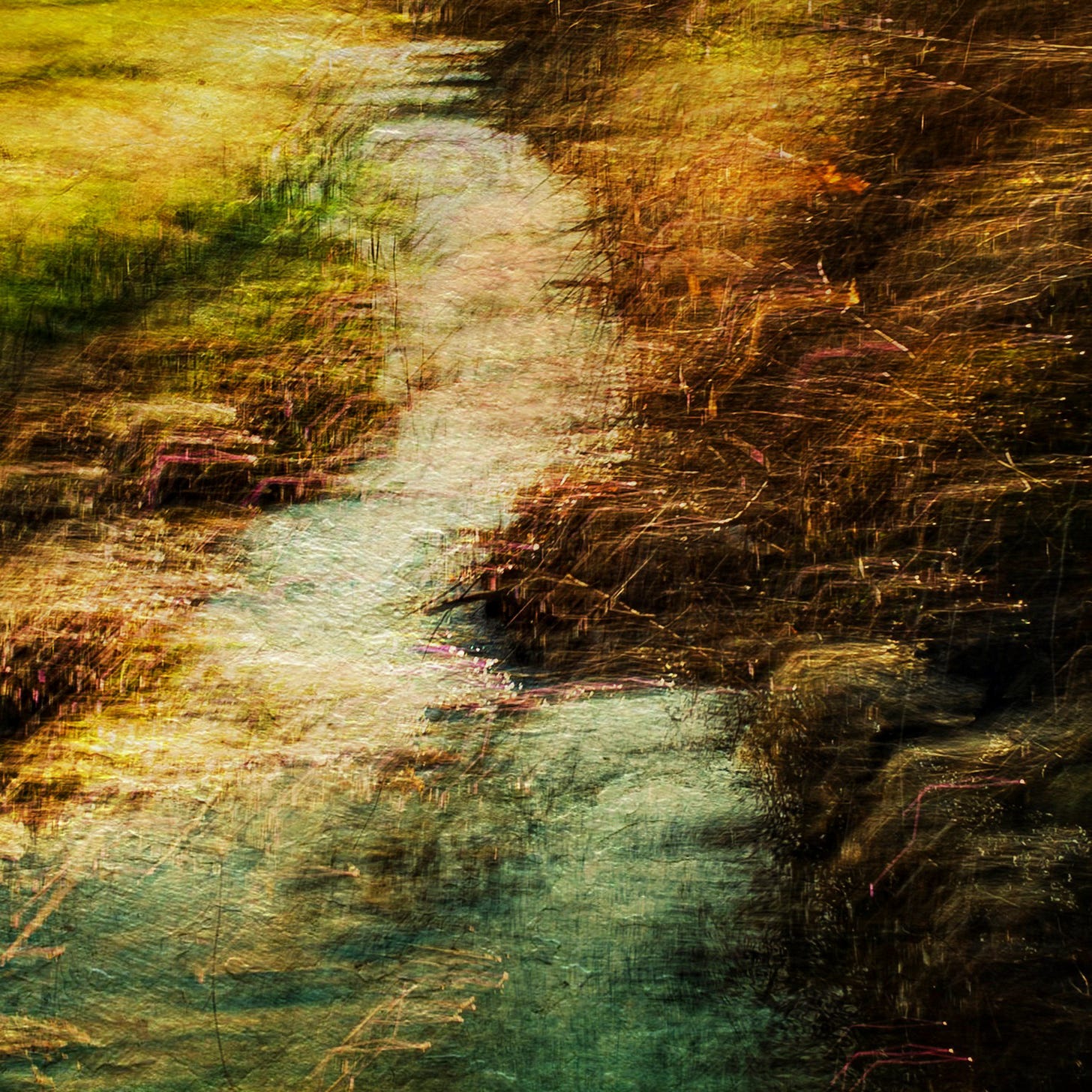How Can We Be Transformed?
Art has the power to heal, and to fuck us up, sometimes all at once
A lot of analysis has been done in an effort to explain what art is and why humans make it. To me, it’s an inseparable part of being human. Do you cook, or doodle, or whistle in the shower? Show me a person who doesn’t ever do anything remotely artistic, and I’ll show you a person in a coma.
Art has many aspects that are universally recognized. When we invent any new technology, for example, it must be tested for its potential to make some kind of art, a ritual observed by all cultures from the beginning of time. While science is what we use to understand nature, art, its hipper cousin, is what we use to plumb the nature of our souls.
Art can be made to serve any appetite and a wide variety of purposes, but its greatest aspiration and achievement, in my opinion, happens when those who witness it undergo a transformation — when someone says, that book, that music, that artist, that moment in a performance, changed my life.
I started out as an actor, and a student of theater. My history in that art form centers around improvisation and experimental theater. I’ve seen great performances on street corners as well as on Broadway, but a production in the school gym at the University of Southern Maine in 1976 unexpectedly changed my world-view. Despite its deceptively mundane title, The Spring Pageant, it was created by an extraordinary cast of builders, musicians, puppeteers and performers, led by a conceptual artist named Amy Trompetter. The play was a mythological interpretation of the corruption of life on earth caused by callous, human degradation, and it featured 20-foot-high dancing angels with giant swords who were vengeful destroyers sent from heaven. There was also a massive, ugly rodent who gave birth to the mediocrity of humans, a virgin on a pilgrimage, riding ever so slowly on a donkey, and a great deal more sacred and profane (although not strictly religious) symbology, presented in a way that made me laugh, shook my soul, and changed forever how I imagine theater, and understand life itself. Words won’t do it justice, but its huge scale and uncompromising point of view left an impact for years afterward, making me a more thoughtful and intentional person, less willing to accept convention, more keenly aware of the casual crimes we commit against nature every day.
It’s important that I didn’t see it coming. I was in a vulnerable state. There’s a right-time/right place component to be sure, but I couldn’t have had such a profound moment without the element of surprise.
The cost to me (and I believe change always comes at a cost) is that I now find it extraordinarily difficult to be patient with theater produced without this level of conceptual energy and imagination. So, The Spring Pageant opened my eyes AND fucked up for all time an art form that I love.
I’ve also experienced transformation from art on a much smaller scale, in a way that healed and comforted. In the days after my father’s death, I struggled painfully with our unresolved conflict. I had wanted so much all my life for us to love each other, but we had never really gotten along. A friend called, a former nun, who wanted to see how I was doing. When I tried to explain how badly I felt that my relationship with my dad had never come to a harmonious conclusion, I couldn’t find the right words. In response, she uttered, “Like water flowing over sharp stones.” It was a poem, the meaning much greater than the words themselves. I immediately burst into tears, relieved to have found a metaphor in nature that perfectly reflected my pain, and deeply grateful for her eloquence and empathy. I’ve always loved poems, but I never realized their true power until that moment.
Many, perhaps all of us, crave such revelation from the moment we’re born. But once it happens, there’s no going back.
Of course, transformation also comes through death and loss, success and good fortune, sickness and calamity, adoration and betrayal — changing who we and others thought we were, tectonically altering the values we once thought to be core. But transformation through art, when it happens, is no less real. I believe we have the responsibility to honor those experiences with the way we live. In fact, when the effects of art are powerful enough, it’s impossible to ignore them.
Has your life changed because of your experience with art? I’d love to hear about it in the comments.




What a beautiful and apt metaphor! The flowing river smooths sharp stones over time. For me...I've never written about this... it was seeing Van Gogh's Starry Night when the actual work was touring. I just got my driver's licence and drop the two hours to go see it alone. The experience was a metaphor that got me through the next 4 years. I might go write about this now. Thank you.
Good ponderings and distillations. And strange additional confluences. I know Amy and she lived and worked on the River Farm in Dungannon, VA, for a bit, sometime after you saw her at the Spring Pageant! She learned of the Farm through Michael Appleby, one of the original farmers, who had also worked as part of Bread and Puppet.